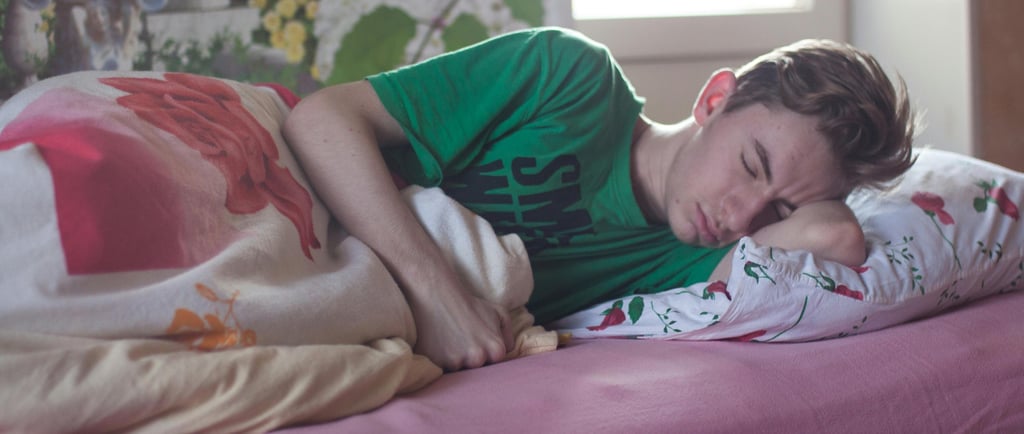The Alarming Reality of Youth Depression and Anxiety
8/1/20254 min read


It's disheartening to consider how many young children and teenagers are struggling with depression and anxiety these days. The statistics just continue to rise, and it's not something that is a phase or moodiness it's heavy and serious mental illness issues that permeate all areas of their life. School, social life, family activities, and even making it through the day can become impossible when that weight is on your shoulders. To compound it is how many adults dismiss it as just being a teenager or tell them to snap out of it. It's not that simple, however. The world has evolved, and the expectations children have to deal with now are different than what other generations had to deal with. With social media, school pressures, family issues, and the general insecurity of being young, it's no wonder so many feel like they are drowning.
Social media is one of the biggest causes of childhood depression and anxiety. Kids are bombarded with pictures of idealized lives friends hanging out without them, influencers with flawless skin, and this constant highlight reel that makes their life seem dull by comparison. They don't get to hear the behind-the-scenes struggles, just the filtered, edited version. And it's not just a case of feeling left out; cyberbullying is an actual phenomenon. Cruel comments, rumors, and exclusion are happening 24/7 because the internet never sleeps. There is no escape from it, even in the house. For a generation that has grown up online, their self-esteem comes attached to likes, followers, and comments. When those are lacking, it destroys their confidence.
School itself is a huge source of stress. The stress to perform well academically at school, be a good sport, and create a flawless college application begins earlier than ever before. Kids are being warned that if they don't succeed now, their life will be awful. That's a scary burden to place on a 14-year-old. All the testing, excessive homework, and competition create an environment where anxiety flourishes. Some kids have physical manifestations headaches, stomachaches, panic attacks just the thought of school. And for kids who are struggling in school or have a learning difference, it's that much tougher. They receive the message that they're not good enough, and that leads to depression.
Family life is important too. Money issues, parents' expectations, divorce, or simply not getting emotional support at home might make kids feel isolated. Some parents are unaware of how their own stress impacts their kids. Some wish to help but do not know where to approach mental health, so they overlook the signs or wait for things to improve on their own. There are also abused, neglected, or troubled home kidsdeep pain that, left unchecked, impacts how they perceive the world. Even in great families, kids will keep their issues hidden because they do not want to bother their parents or be a burden.
The other aspect is the biological aspect. Depression and anxiety are not in your head but are influenced by brain chemistry, hormones, and genetics. Some children are more prone to them, and when life stress piles up, it makes it worse. Puberty is a time of huge emotional and physical change, and for some, this change results in mental illness. Lack of sleep, poor eating, and lack of exercise (which are prevalent in today's fast-paced, screen-obsessed lives) make it more difficult to manage. The brain and body are connected, and when one suffers, the other suffers.
The scary part is how many kids silently suffer. They might not know how to describe what they are feeling or worry about being judged if they do say something. Some think that everyone feels like this, so they wonder why they must say something. Others are afraid of being called attention-seeking or dramatic. Boys especially feel they have to tough it out from outmoded ideas of manhood. Instead of getting help, they act out, withdraw, or try to block the pain in unhealthy manners. Self-injury, eating disorders, and substance abuse are too often means they cry out for help that no one hears until it is all but too late.
Accessing mental health treatment is yet another hurdle. Therapy is expensive, and not every family has coverage for it. School counselors are overworked and can't see each of them as frequently as they would like. Mental illness is still stigmatized in many communities, so it's more difficult for children to get treatment. Even if treatment is available, locating the appropriate therapist or medication is a time-consuming trial and error a luxury that a struggling child may feel they cannot afford.
But there is hope. The more we discuss mental health, the more comfortable it is for children to seek help. Schools are beginning to introduce programs to learn how to manage emotions at an early age. Parents are becoming more aware of depression and anxiety symptoms in their children. Support groups and websites provide children with safe outlets to share their stories. Small steps such as checking in with a friend, reducing stress in school, or limiting social media can help make a big impact.
The most important thing is to listen without judging. When a child says they are suffering, believe them. Don't make their pain seem minor or compare it to worse. Sometimes just knowing someone cares enough to listen can help them carry on. Professional help is greatly needed for severe cases, but simple support from teachers, family, and peers can help in so many ways.
We must make radical changes expand mental health instruction, offer additional funds for school counselors, enact policies that protect children from cyberbullying, and have employment that allows parents time with their child. Mental health is not an option; it is essential. Kids these days fight battles the older crowd can barely even understand, but their pain doesn't become any less valid because of that. Their depression and anxiety point out that something is wrong in their world and we all need to step in and do our part to fix it. We can all be a force for change by pushing for rule changes, volunteering with mental health organizations, or just being there for the kids in our lives. No kid should have to fight these battles by themselves. More is being talked about the mental health of young people, but there is so much more that can be done. Every child should be made to feel worth it, safe, and hopeful for their future. Until that point, we need to work towards a point where it is not weak to seek help, where mental health is equal to physical health, and where no child feels that throwing in the towel is their only option. It starts with awareness, but it has to extend beyond awareness into action. Our children's lives are at stake.
Discover all the information you need in one place.
© 2024. All rights reserved @ PictorialNuggets.com


